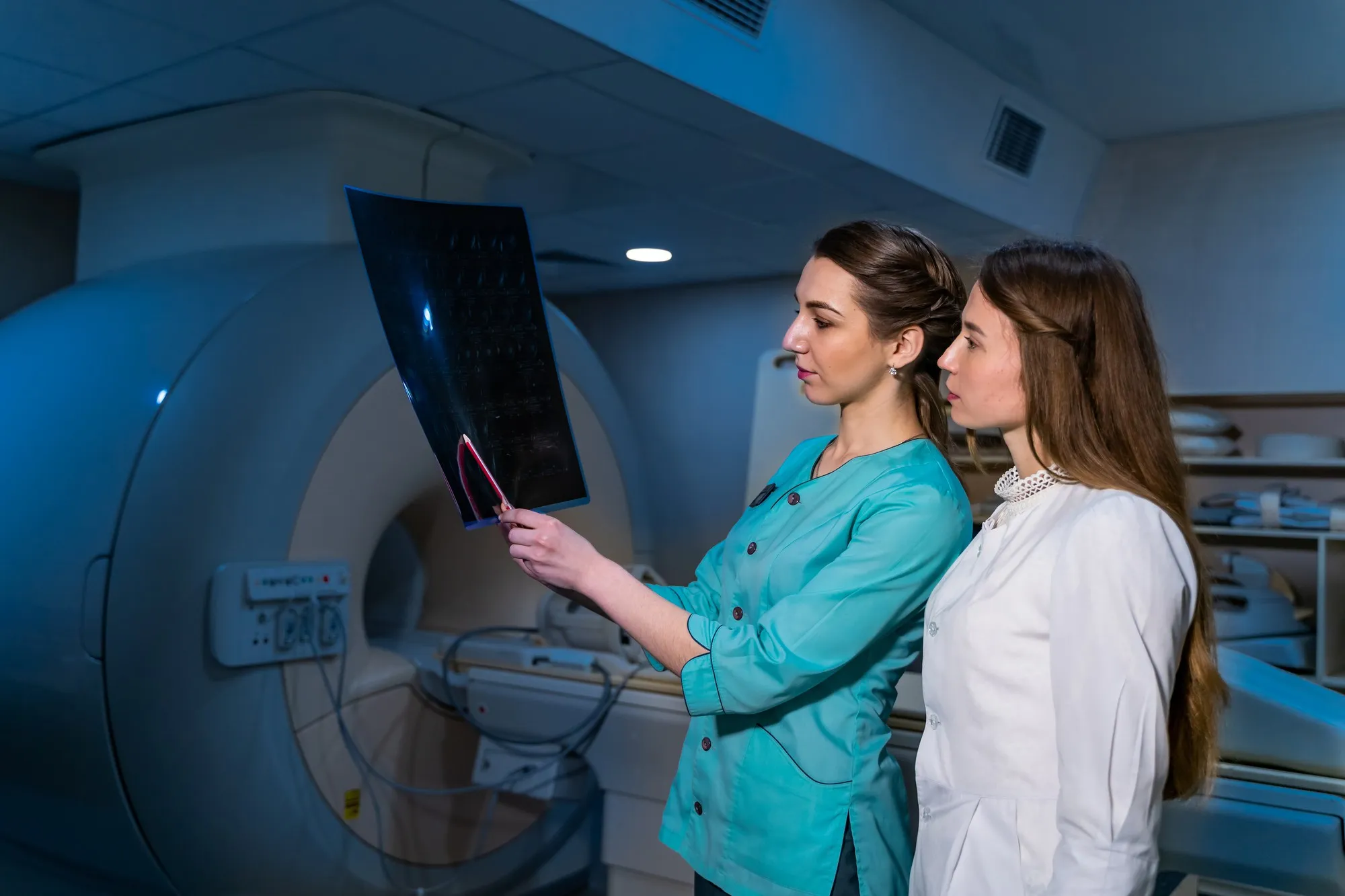Introduction
Cholangiocarcinoma (CCA), the second most prevalent hepatobiliary malignancy, presents significant treatment challenges, particularly in advanced stages. As surgical intervention remains the primary curative approach, options for inoperable cases have been limited. However, strides in gene sequencing and artificial intelligence (AI) offer new hope for these patients. A review by Liu Jiong and Shu Jian, published in Critical Reviews in Oncology/Hematology, delves into the recent advancements in immunotherapy, targeted therapy, and the integration of AI in imaging for the diagnosis and management of CCA.
Cholangiocarcinoma – A Stubborn Foe
CCA, known for its aggressiveness and poor prognosis, arises from the bile ducts and can take various pathological forms, each with its specific mechanisms and treatment responses. The complexity of CCA has traditionally stumped clinicians, but recent medical advancements are starting to tilt the balance.
The Promise of Immunotherapy and Targeted Therapy
While the mainstay treatments have had limited success, immunotherapy and targeted therapy are emerging as hopeful modalities in the oncological armamentarium. These treatments work by harnessing the body’s immune system to fight cancer or by attacking specific molecules involved in tumor growth. In recent years, understanding the tumor-immunity microenvironment has allowed researchers to dissect the molecular intricacies of CCA, leading to more personalized and effective treatment strategies.
However, the heterogeneity of CCA poses a significant barrier. The lack of universally expressed immune proteins and molecular targets can impede the success of these advanced therapies. Consequently, not all patients are ideal candidates for immunotherapy or targeted treatments, which necessitates a robust mechanism for predicting and monitoring responses.
Artificial Intelligence – The New Frontier in CCA Imaging
Enter AI, with its subfields of machine learning and deep learning, which has begun to transform medical imaging for CCA. AI algorithms are capable of sifting through complex imaging data to discern patterns not immediately apparent to human observers. These models can assist in the precise classification of CCA lesions, better predict which patients would respond favorably to immunotherapy or targeted therapy, and help monitor treatment progress.
Liu and Shu’s review provides a comprehensive analysis of how AI bridges the gap between advanced therapies and clinical implementation. By leveraging AI in imaging, clinicians can enhance personalized treatment plans and improve prognostic assessments, ultimately leading to better patient outcomes.
Content of the Review
Liu Jiong and Shu Jian explored several key areas, including the basic research underpinning CCA’s interaction with the immune system, the current state of targeted molecular mechanisms, and the status of immunotherapy in clinical use. They also dissected the evolving role of AI in imaging diagnostics, with a focus on how machine learning and deep learning algorithms extract vital data from medical imaging to support clinical decisions.
To illustrate, they highlighted studies where AI has successfully differentiated between types of CCA or identified response patterns to certain therapies. Such capabilities could revolutionize treatment accessibility, allowing a broader range of patients to benefit from these advanced therapies regardless of their tumor’s molecular profile.
The Road Ahead
The review suggests an optimistic future grounded in collaborative research and integrative approaches, combining immunotherapy, targeted therapy, and AI. Yet, they also acknowledge the hurdles that remain. Advances require ongoing refinement of AI models, large datasets for training algorithms, and a deeper understanding of CCA’s molecular landscape.
DOI and References
The review article has its DOI: 10.1016/j.critrevonc.2023.104235.
Here are 5 references that expand on the topics discussed in the review:
1. Rizvi, S., & Gores, G. J. (2013). Pathogenesis, Diagnosis, and Management of Cholangiocarcinoma. Gastroenterology, 145(6), 1215-1229. doi:10.1053/j.gastro.2013.10.013.
2. Goyal, L., et al. (2019). Targeted Drug Therapy for Biliary Tract Cancer. Cancers, 11(1), 133. doi:10.3390/cancers11010133.
3. Ma, K., et al. (2018). The Role of Immunotherapy in Cholangiocarcinoma: an Update on Clinical Trials and Future Perspectives. Translational Gastroenterology and Hepatology, 3, 27. doi:10.21037/tgh.2018.06.02.
4. Aljiffry, M., et al. (2019). Advances in Diagnosis, Treatment and Palliation of Cholangiocarcinoma: 1990-2019. World Journal of Gastrointest Oncol, 1(1), 63-76. doi:10.4251/wjgo.v1.i1.63.
5. Aerts, H. J. (2016). The Potential of Radiomic-Based Phenotyping in Precision Medicine: A Review. JAMA Oncology, 2(12), 1636-1642. doi:10.1001/jamaoncol.2016.2631.
Keywords
1. Immunotherapy for Cholangiocarcinoma
2. Targeted Therapy in Hepatobiliary Cancer
3. AI in Medical Imaging
4. Cholangiocarcinoma Treatment Advances
5. Precision Medicine in Oncology
Conclusion
As the medical community continues to untangle the complexities of cholangiocarcinoma, the convergence of immunotherapy, targeted therapy, and AI in imaging presents a frontier rife with potential for improved patient care. With dedicated research and inter-disciplinary collaboration, the future of CCA treatment looks increasingly promising, heralding a new era of precision medicine in oncology.
